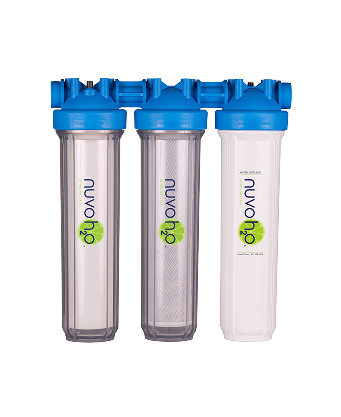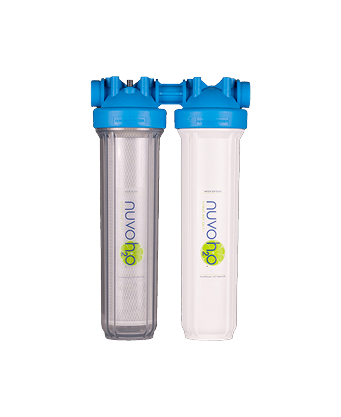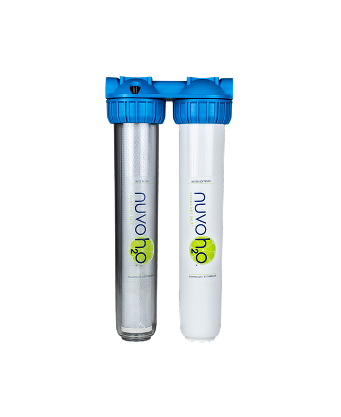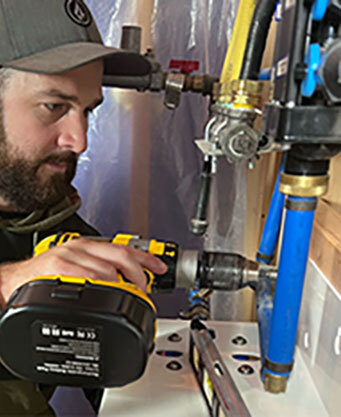
Why Is My Floor Wet?
22nd Jun 2023
Discovering a wet floor in your home can be both frustrating and concerning. Water damage can cause structural issues, promote the growth of mold and mildew, and pose safety hazards. Understanding the underlying causes of a wet floor is crucial in identifying and addressing the problem promptly. Our team at NuvoH2O is here to explain some common reasons why your floor may be wet and discuss how a salt-free water softener can help prevent leaks and protect your home. By implementing preventive measures and investing in the right solutions, you can maintain a dry and secure living environment. Get more information and prevent leaks in your home with our salt-free water-softening systems when you contact us today.
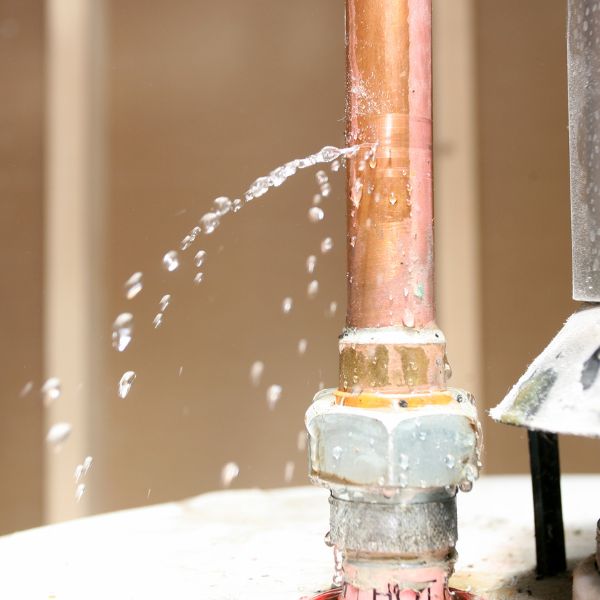
Plumbing Leaks
One of the most common reasons for a wet floor is a plumbing leak. Leaks can occur in pipes, fittings, or fixtures, causing water to escape and saturate the surrounding areas. This can result in water pooling on the floor and potentially causing damage to the subfloor and nearby structures. Installing a salt-free water softener can help prevent leaks by reducing the corrosive effects of hard water on plumbing components. By preserving the integrity of your pipes and fittings, a salt-free water softener can minimize the risk of leaks and water damage.
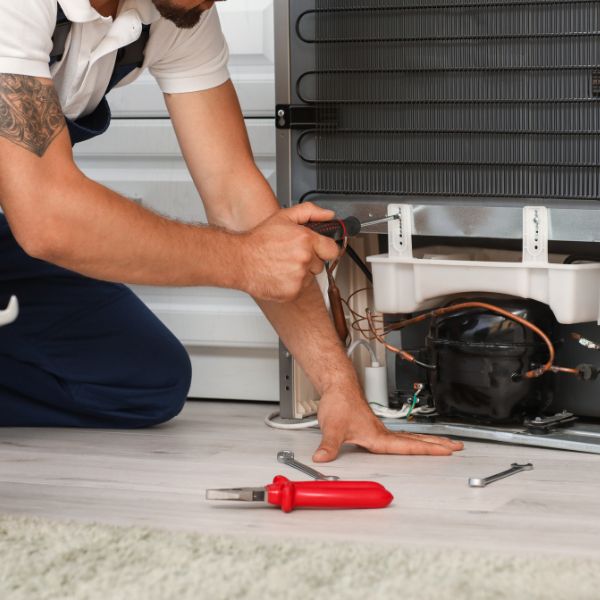
Appliance Malfunctions
Faulty appliances, such as washing machines, dishwashers, or water heaters, can also lead to a wet floor. Malfunctions or damaged components within these appliances can cause water to leak onto the floor during operation. Regular maintenance and inspections of your appliances can help identify any issues before they escalate into significant water damage. Additionally, by using a salt-free water softener, you can minimize the buildup of mineral deposits within these appliances, which can contribute to malfunctions and leaks.
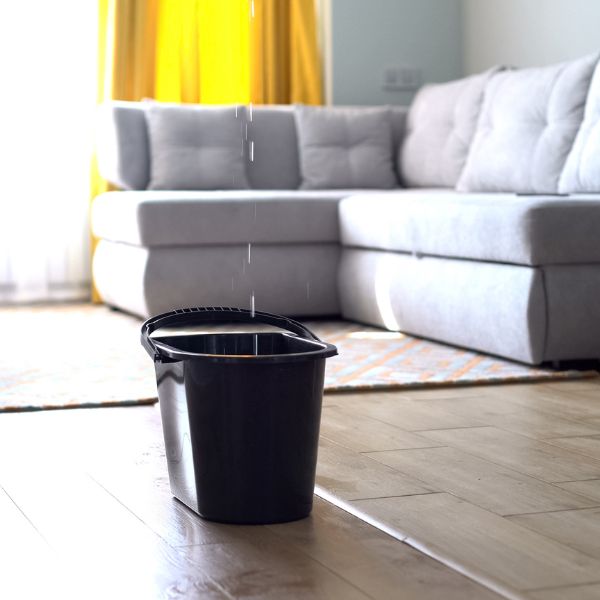
Roof or Plumbing System Damage
In cases where the wet floor is confined to a specific area, such as near exterior walls or beneath a bathroom, roof, or plumbing system, damage may be the cause. Roof leaks or issues with plumbing pipes within the walls can result in water seeping through and saturating the floor. Properly maintaining your roof and conducting regular inspections of your plumbing system can help detect and resolve any potential sources of water infiltration. Using a salt-free water softener can indirectly contribute to preventing roof or plumbing system damage by minimizing the effects of hard water on these components.
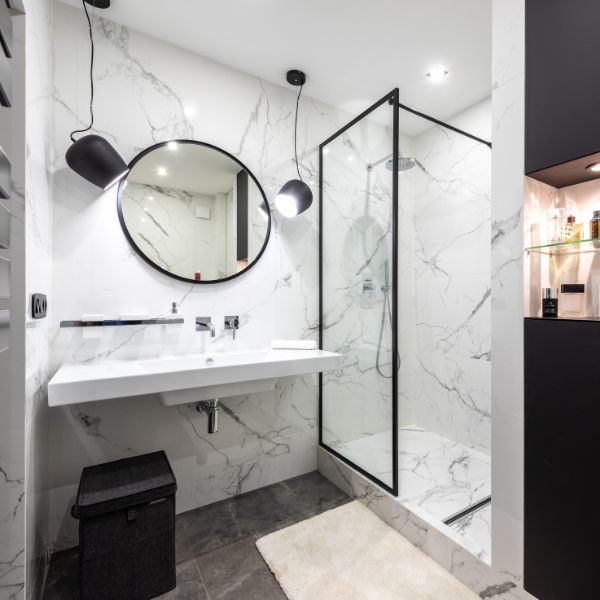
Condensation and Humidity
Another possible reason for a wet floor is condensation or excessive humidity within your home. High humidity levels can cause moisture to accumulate on surfaces, leading to a damp floor. This is especially common in areas with poor ventilation, such as bathrooms or basements. Proper ventilation, dehumidifiers, and insulation can help control humidity levels and reduce the likelihood of condensation. Using a salt-free water softener can help maintain a balanced humidity level by minimizing the effects of hard water, indirectly contributing to preventing excessive condensation and damp floors.
Discovering a wet floor in your home can be a cause for concern, as it can lead to structural damage, health hazards, and a host of other issues. Understanding the underlying cause of the wet floor is crucial in resolving the problem promptly. However, there are also preventative measures you can take to minimize the risk of this happening in the first place. Installing a salt-free water softener is one such measure, as it helps protect plumbing components from corrosion and mineral buildup, reduces the effects of hard water, and maintains balanced humidity levels. By investing in preventive solutions and staying proactive with maintenance, you can ensure that your home remains dry and secure. Our team at NuvoH2O is here to help. We offer salt-free water softeners that can help protect your home and keep it dry. Contact us today to learn more about our products and solutions!

